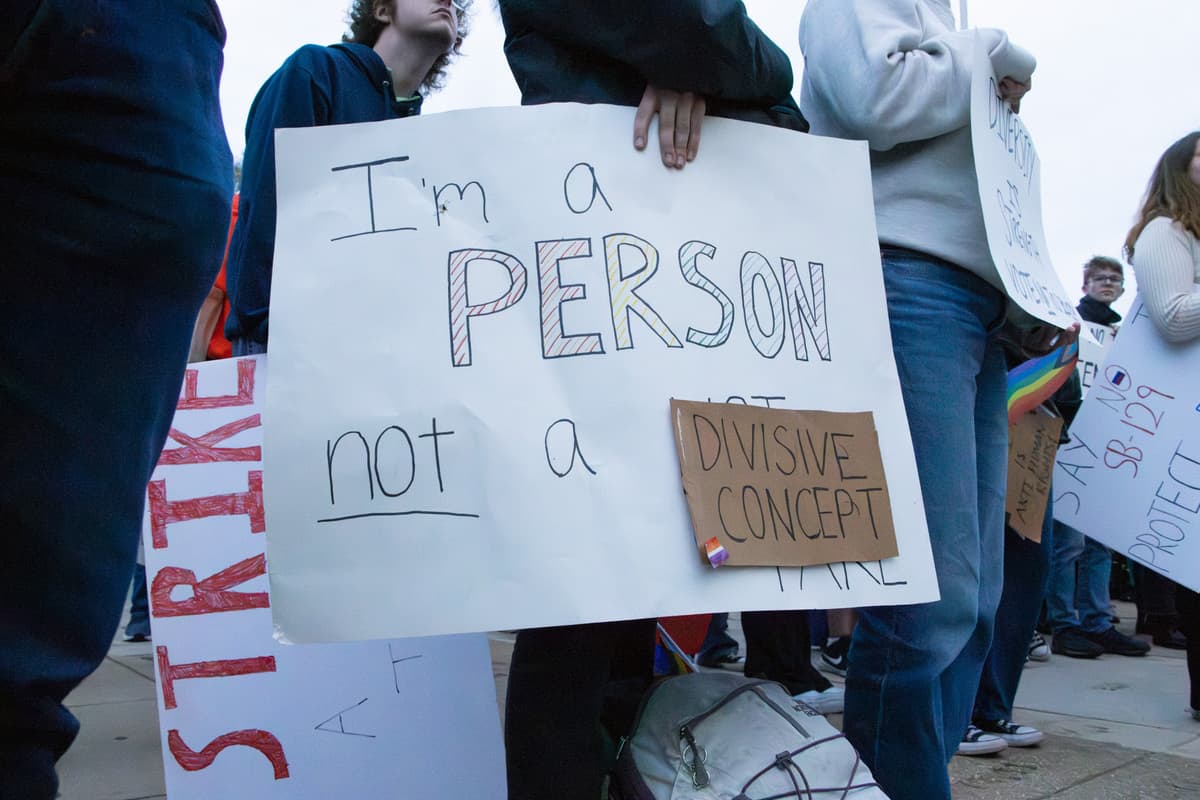We’ve all probably heard it recently: “Oh, I like So-And-So; they’re woke.” Woke [wohk]: verb 1. The simple past tense of wake. adjective 1. Indicating having achieved a state of consciousness, esp. regarding race, which allows the individual to critically analyze interpersonal interactions and systems of oppression through a lens of justice. Origin: African-American Vernacular English (AAVE). This word, “woke,” which has been available to black communities for years has now found itself bastardized. What once began as a call to action has now morphed into a gatekeeping mechanism aimed at treating consciousness as a commodity. The origin of the word defined its limits, but now people have made it into something larger – something only attainable by an elite few that does what can only be accomplished through direct action. Particularly on college campuses, we must come to a point in which we realize that being “woke” isn’t good enough.
The popular usage of the word came in 2008 with the goddess who is named Erykah Badu (along with the help of fellow artists Bilal and Georgia Anne Muldrow) releasing a song, “Master Teacher.” In this song, Badu prompts the question, “What if there were no N-words, only master teachers?” in a way that is a reflection of her vision for a future of black empowerment. She answers the question in call-and-response manner with “I stay woke,” signifying that despite her hopes for a racially just future, she never allows herself to be removed from reality in a way that shields her from the truth of living in an oppressive society. Throughout the song, Badu gives a number of different examples of hardship situations in life that require one to “stay woke” and be vigilant.
After a short lapse in usage, the word came on the scene anew in the aftermath of the murder of Trayvon Martin (may he rest in Power) and the failed indictment of George Zimmerman. Black Twitter filled pages and pages of Twitter feeds with the hashtag #StayWoke, urging those who had possibly grown comfortable with life as a black person in America to continue the fight for racial justice, and also serving as a call to action to those individuals who had never previously considered that there might exist larger institutionalized systems of oppression designed to devalue the lives of black people and offer protection to those who unjustly kill unarmed individuals who posed no greater threat in the moment than navigating life in their black and brown skin. It is with this resurgence in mind that one could expect that with the creation and growth of the Black Lives Matter movement that being “woke” continued to take on its own identity through social media, primarily as a way of black folks giving a subtle nod to those who understood systemic injustices and showed commitment to fighting for black liberation.
So, how did we fall so far from the powerful origins and development of a word used to denote a continued dedication to liberation? I believe that our downfall began when we began to not strive to continually “stay woke,” but rather achieved a sense of pride in knowing that we had undergone a single awakening experience. Rather than challenging ourselves to achieve liberation for all people, organizers and activists who used the word simply stopped their expectations at being cognizant of issues of race and nothing more.
Today it has become okay to be misogynistic, ableist, trans/queerphobic and classist as long as you post #BlackLivesMatter on your Twitter status. Today we treat consciousness as a commodity – something able to be bartered and waved around pompously in order to gain access to various elite social circles. We have begun to see social consciousness as transactional. (You show me that you have posted #BlackLivesMatter and know how to correctly use the phrase “systems of oppression” in a sentence, and I will grant you access to media interviews, panels and my social circles.)
This is particularly dangerous among students such as us, navigating each day at a university whose history (and present?) has been shaped around the continued marginalization of various identities and the suppression of unwanted voices. In these days in which portraits are coming down, building names are being reconsidered, and power is being conceded to the student body, we don’t have the luxury of using “woke” as a gatekeeping mechanism to decide who gets pulled into movements.
For those of us who believe that there is still work to be done, our consciousness must be continually evolving, and we must daily tell ourselves that the truest sign of being “woke” is knowing that the fight is never over and that to continually fight for the liberation of all people will always be better than seeking and/or giving acknowledgment.
A.J. James is a senior majoring in biology. His column runs biweekly.






